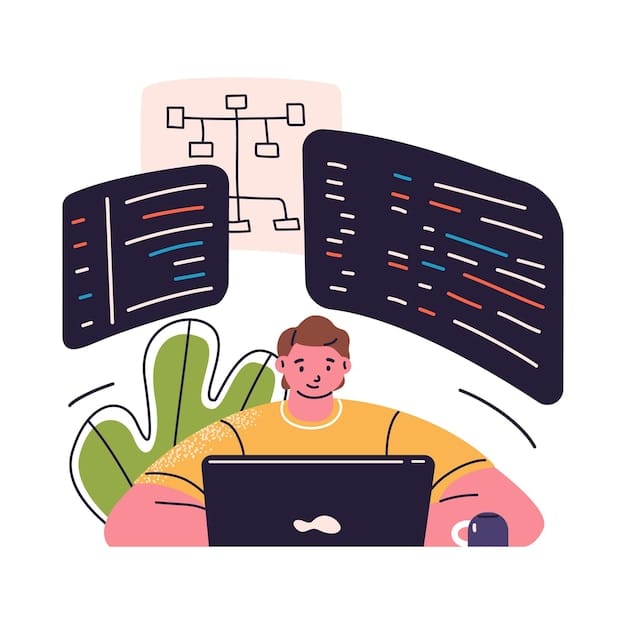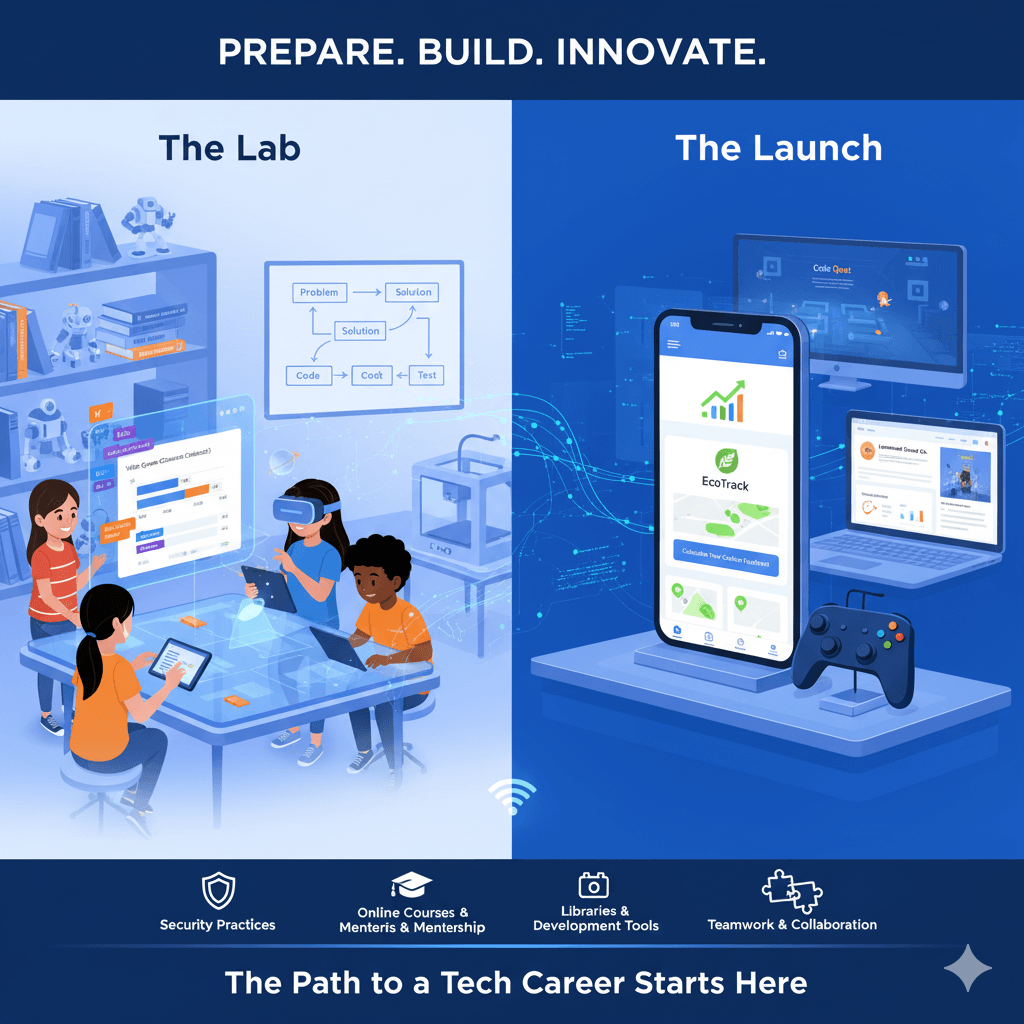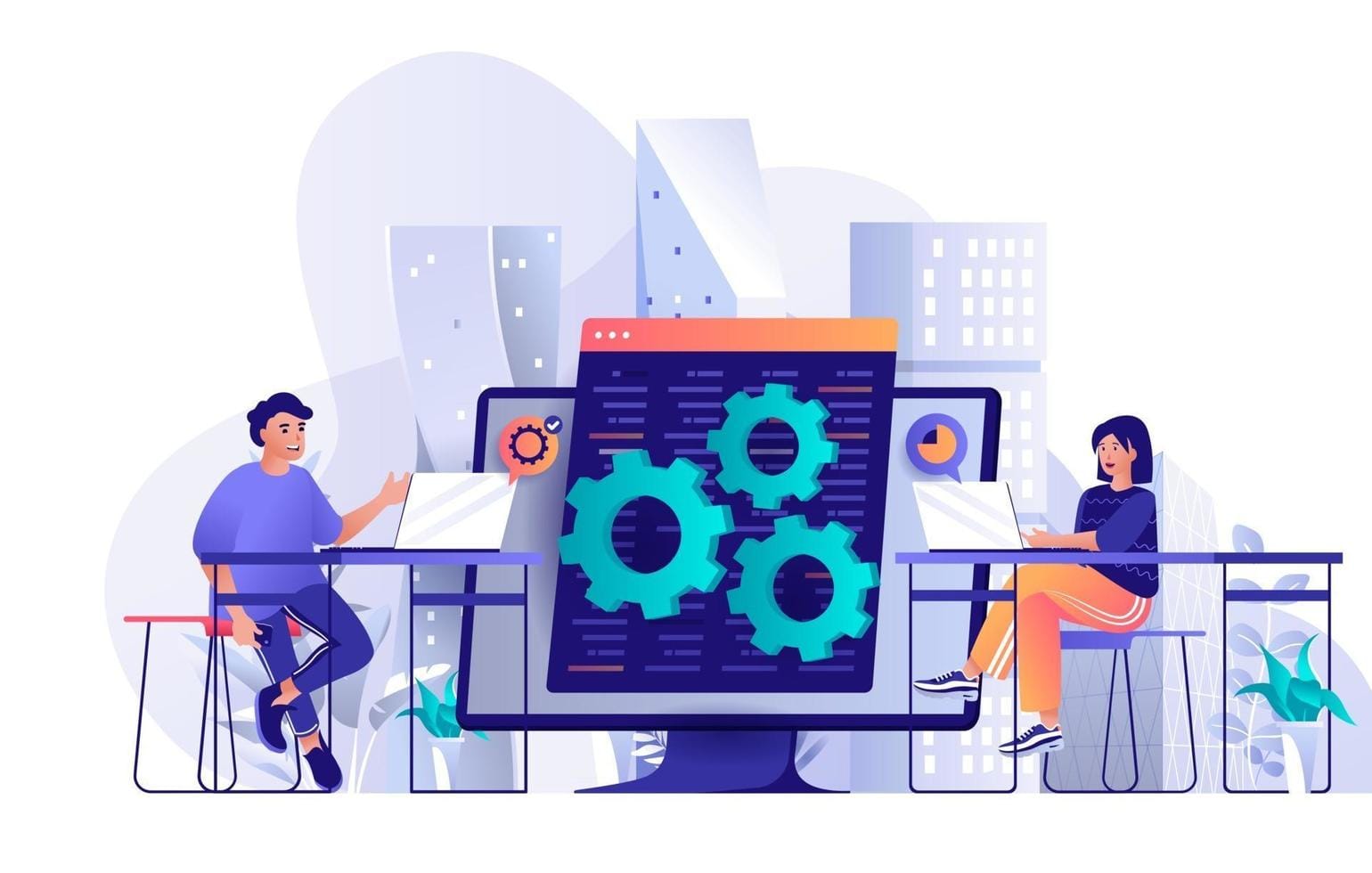H1: How to Know If Your Child Needs Online Science Help
Does your child ever feel lost in science class or struggle to keep up with tricky physics topics and chemical reactions? You’re not alone. Many students find chemistry fascinating yet confusing, especially when they can’t learn at their own pace or need extra support.

Sometimes, parents notice the problem only when grades start falling or confidence drops. Recognizing these signs early can make all the difference. The right science tutoring can help your child develop deeper understanding, build skills, and feel alive with curiosity again. I remember a student I once guided my cousin who used to rush through her science assignments just to get them over with. When we sat together, I noticed she didn’t actually dislike the subject—she simply didn’t have the right resources or tools to connect theory to real life. That’s when I introduced her to interactive lessons, short review quizzes, and visual explanations for topics like plate tectonics and genetics. Within weeks, she started staying engaged and even began explaining processes back to me with confidence. Early recognition and science tutoring don’t just improve grades—they rebuild self-belief, which is often the biggest barrier to learning.
This guide helps parents spot the red flags and introduces how Codeyoung’s online science help can make your child’s learning journey smoother, more engaging, and filled with discoveries.
Common Signs Your Child May Need Science Help Online
Not every child will say, “I need help with science.” But as a parent, I’ve learned that signs often show up in small ways before grades do. Maybe your child avoids doing homework, feels lost in class discussions, or suddenly stops talking about their science class. Whether it’s chemistry, biology, physics, or environmental science, noticing early patterns of struggle can make a world of difference. Online science help gives them a chance to learn at their own pace, build understanding through interactive resources, and rediscover the joy of exploring how life and the universe work. As someone who once struggled with plate tectonics and chemical reactions myself, I know how vital it is to have teachers or tutors who make learning come alive.
1. Homework Struggles and Avoidance
When homework time becomes a battle, and you notice your child trying to avoid science assignments, that’s a red flag. I remember sitting with my niece as she stared blankly at her earth science worksheet—she wasn’t lazy, she just didn’t understand the processes or how to connect the lesson to real-life examples. Many students face similar challenges. Science tutoring can transform that frustration into curiosity. Online tutors can use engaging images, interactive tools, and virtual laboratory simulations to explain concepts like chemical reactions or genetics in ways that make sense.
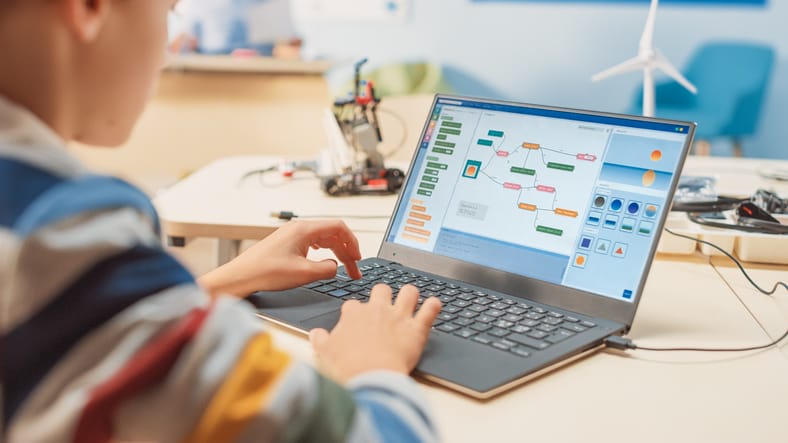
Through online science help, I’ve seen children move from tears to triumph as they review topics and develop confidence. The flexible platform allows them to learn at their own pace, explore extra material, and receive constant support. Parents can log in, track progress, and join the mission of helping learners stay engaged. Whether your child struggles in elementary grades or high school, early intervention through affordable, online tutoring ensures steady development. The goal isn’t just to complete assignments—it’s to create lifelong learners who enjoy science and understand the world around them.
2. Falling Grades or Low Confidence
When I first noticed my student’s science grades slipping, I realized it wasn’t a lack of effort—it was a lack of understanding. The problem wasn’t the child; it was the process. Complex physics topics, biology terms, or chemical reactions can seem intimidating when explained too quickly in class. Online science tutoring provides the space to pause, review, and learn at one’s own pace. Tutors can re-explain lessons using simple visuals, fun experiments, and relatable examples.
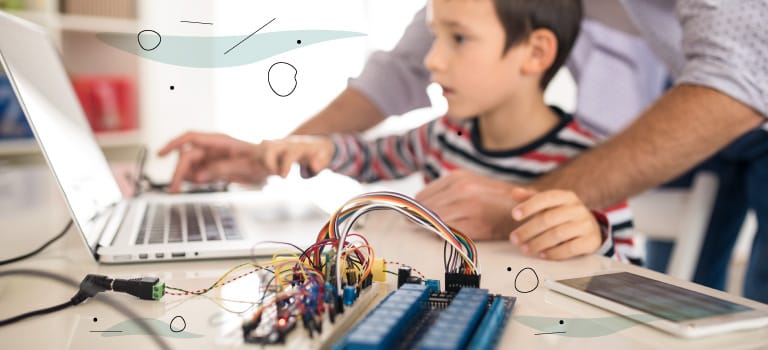
For instance, one of my learners used to fail in physics because she couldn’t grasp motion or energy concepts. Through personalized online sessions, her tutor created engaging demonstrations using household materials, making the subject feel alive.
Within weeks, she regained her confidence, and her grades improved dramatically. Online science help gives learners tools to stay engaged, develop critical thinking skills, and explore the subject with curiosity. Tutors with PhD-level expertise and a genuine commitment to teaching create a safe space where students feel supported, not judged. When knowledge grows, so does confidence—and that confidence spills into other subjects too. It’s all about empowering learners to understand, explore, and succeed.
3. Lack of Curiosity and Interest
I’ve seen the saddest transformation in some kids—their natural curiosity fading away. If your child once loved asking why the sky is blue or how genetics define life but now seems uninterested, that’s a major sign they might be struggling silently. I remember when my cousin, who used to adore experiments, suddenly stopped engaging during science class. After a few sessions of online science help, I realized she wasn’t bored—she was confused about basic concepts. Once her tutor began using interactive visuals, creative tools, and real-world examples, her enthusiasm returned.
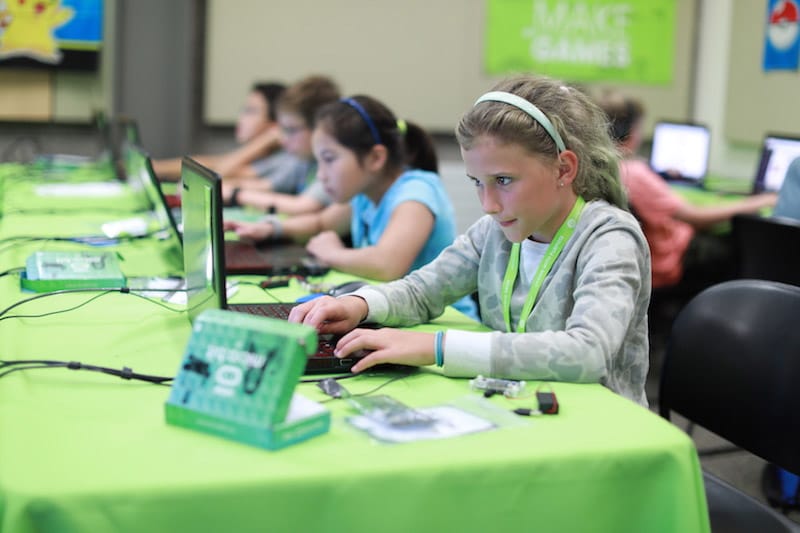
Through online science tutoring, students rediscover their love for the world and the universe around them. They can explore fascinating discoveries, learn how plate tectonics shape our planet, and understand environmental science in ways that feel meaningful.
The beauty of learning online is the flexibility—it lets students learn at their own pace, revisit material, and connect with tutors who make lessons feel like a conversation, not a lecture. When students feel understood and supported, they develop deeper knowledge, stronger focus, and a lasting curiosity that fuels lifelong learning. Sometimes, reigniting that wonder is all it takes to help a learner thrive again.
4. Feedback from Teachers
When a teacher mentions that your child struggles with science assignments or lab work, don’t take it as criticism—take it as an opportunity. I’ve been in that position myself, feeling unsure about how to assist at home. Teachers often see patterns in a student’s classroom behavior that parents can’t. Maybe your child hesitates to participate in group discussions or struggles to explain processes during experiments. These are cues that online science help might be the right next step.

Online science tutoring allows your child to review lessons, explore topics at their own pace, and collaborate with tutors who make learning engaging. Parents can connect directly with tutors, log in to dashboards, track progress, and even assist with assignments.
I remember supporting one student who went from avoiding chemistry to creating his own mini-lab setup at home using affordable materials shared by his online tutor. When the right support, resources, and encouragement align, success becomes inevitable. Every lesson becomes a chance to explore, learn, and grow.
Remember, feedback isn’t failure—it’s a form of guidance. It’s the world telling us that with the right tools, focus, and collaboration, your child can rediscover their potential and succeed in science with confidence and joy.
Why Early Online Science Help Matters
Think of science as the foundation upon which so much of our understanding of the world is built. When one part of that foundation—say, genetics or plate tectonics—is weak or missing, everything built upon it begins to wobble. I’ve seen how early confusion in a single topic can snowball into bigger challenges later. That’s why early online science help is not just support—it’s an investment in your child’s lifelong confidence and curiosity.
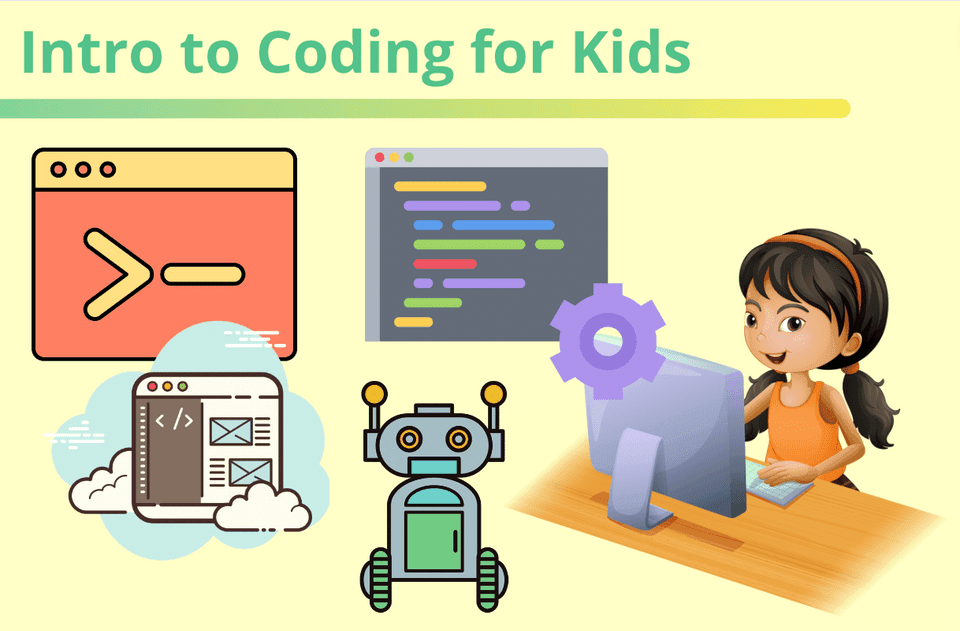
When learners get the chance to revisit concepts, explore them at their own pace, and use engaging tools or visuals, they start connecting ideas across physics, chemistry, and environmental science. I remember when I helped my cousin understand how chemical reactions work—she went from disliking science class to excitedly running her own little experiments at home. That spark matters. Early support ensures students develop skills, stay engaged, and approach the subject with wonder, preparing them for high school, university, and beyond. When science tutoring begins early, learning doesn’t just happen—it thrives.
1. Confidence Rebuilt through Personalized Learning
Every child learns differently—and I’ve seen firsthand how powerful personalized learning can be. One of my favorite examples is when I helped a student who used to think physics topics were impossible. She struggled to understand motion and energy, but through one-on-one online science help, we created lessons around her interests—like how roller coasters use the laws of physics! Slowly, her confidence returned.
Online platforms allow tutors to adjust the pace, tailor explanations, and use creative tools that make lessons more relatable. Whether it’s understanding genetics, exploring the wonders of biology, or reviewing chemical reactions, the flexibility of online science tutoring lets learners grasp concepts without pressure, even as they prepare for high school .
As a mentor, I’ve noticed that when students discover they can actually do science, their attitude changes completely. They start to explore new topics, review previous lessons, and create connections that help them understand the bigger picture. Personalized support doesn’t just improve grades—it nurtures curiosity and builds resilience. And when a student starts believing in their ability to learn, that belief spreads to every other subject. That’s what makes early online science help so transformative—it doesn’t just teach; it empowers.
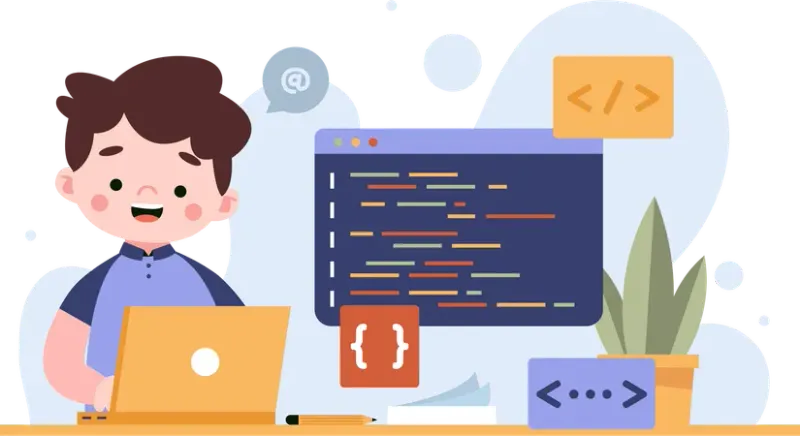
2. Preventing Bigger Academic Gaps
I once tutored a middle school student who was falling behind in environmental science because she couldn’t connect theoretical knowledge to real-world examples. By the time her parents reached out for science tutoring, she was already anxious about entering high school.
Through consistent online sessions, we worked on bridging those gaps—one topic at a time. I remember using everyday items to demonstrate how ecosystems function, and it made such a difference. Within weeks, her confidence improved, and her curiosity was back.
That’s the beauty of early online science help—it catches small misunderstandings before they grow into major academic obstacles. When children receive support early, they develop strong foundational knowledge in physics, chemistry, and biology, which helps them perform better in higher grades and even at university level.

Students learn at their own pace, review material as needed, and gain access to engaging tools that make abstract processes easy to visualize. Early intervention gives learners a sense of direction, ensuring they stay focused, motivated, and excited to discover new scientific concepts. As someone who’s worked with many young learners, I can confidently say: the earlier the support, the smoother the academic journey.
3. Flexible and Affordable Learning
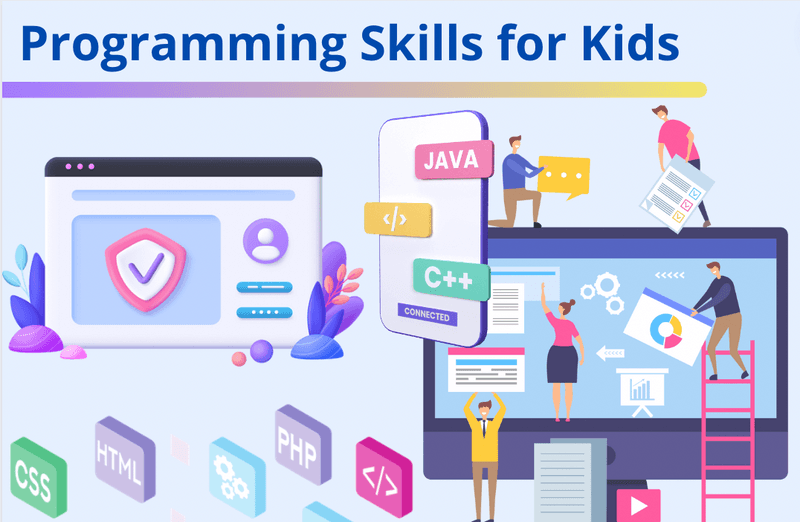
Between school assignments, extracurricular activities, and maintaining good health, kids today juggle a lot. I know from experience that fitting in extra study sessions can feel overwhelming for both parents and children. That’s why I love how online science help brings flexibility and affordability together. You can log in anytime, from anywhere, and access interactive lessons, digital laboratory tools, and visual resources that make learning fun and stress-free. I’ve often scheduled tutoring sessions for my students around their sports or art classes, allowing them to learn at their own pace without sacrificing balance.
Affordable online science tutoring also means parents don’t have to compromise quality for cost. Many platforms offer free trials, flexible plans, and personalized support that align with your child’s grade level and learning style. As a parent or mentor, you can connect with tutors, track progress, and collaborate as part of a shared mission to make science engaging. I’ve seen students who once dreaded science assignments now look forward to discovering how the universe works, exploring new discoveries, and mastering topics like plate tectonics and genetics. When learning feels accessible and adaptable, success naturally follows—and that’s what makes this new approach so powerful.
H2: How Online Science Help Works at CodeYoung
So how does CodeYoung make science so engaging and effective? Here’s how the magic happens.
1. Personalized One-on-One Science Tutoring
Each lesson is tailored to the child’s needs. Whether your child struggles with biology, chemistry, or physics, the tutor adjusts teaching style and focuses, sometimes collaborating with teachers, to help them learn at their own pace.
2. Qualified Tutors and Subject Expertise
CodeYoung’s teachers are selected for their phd-level knowledge, passion, and commitment to helping learners succeed. They know how to make even the hardest physics topics and chemical reactions feel simple.
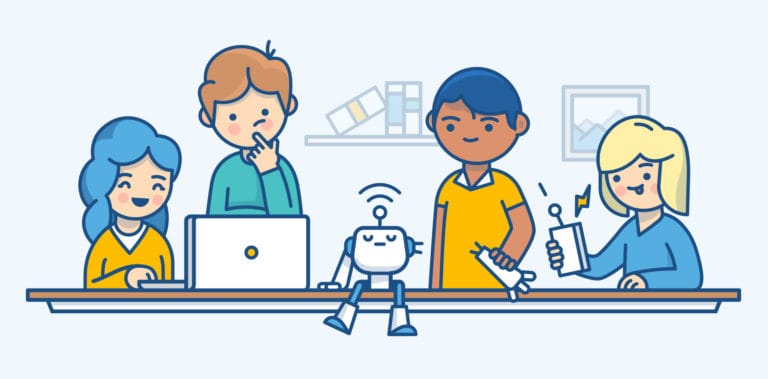
3. Interactive Tools and Technology
CodeYoung uses advanced technology, digital tools, and resources—like animations, quizzes, and virtual laboratory activities—to make every lesson alive and interactive.
4. Regular Review and Parent Collaboration
Parents receive regular progress review reports to monitor growth. Tutors collaborate with families, sharing links, material, and feedback to improve each student’s learning processes.
5. Engaging, Real-World Learning
Instead of rote memorization, CodeYoung helps kids explore real world discoveries. From plate tectonics to genetics, every topic is turned into a story your child can relate to.
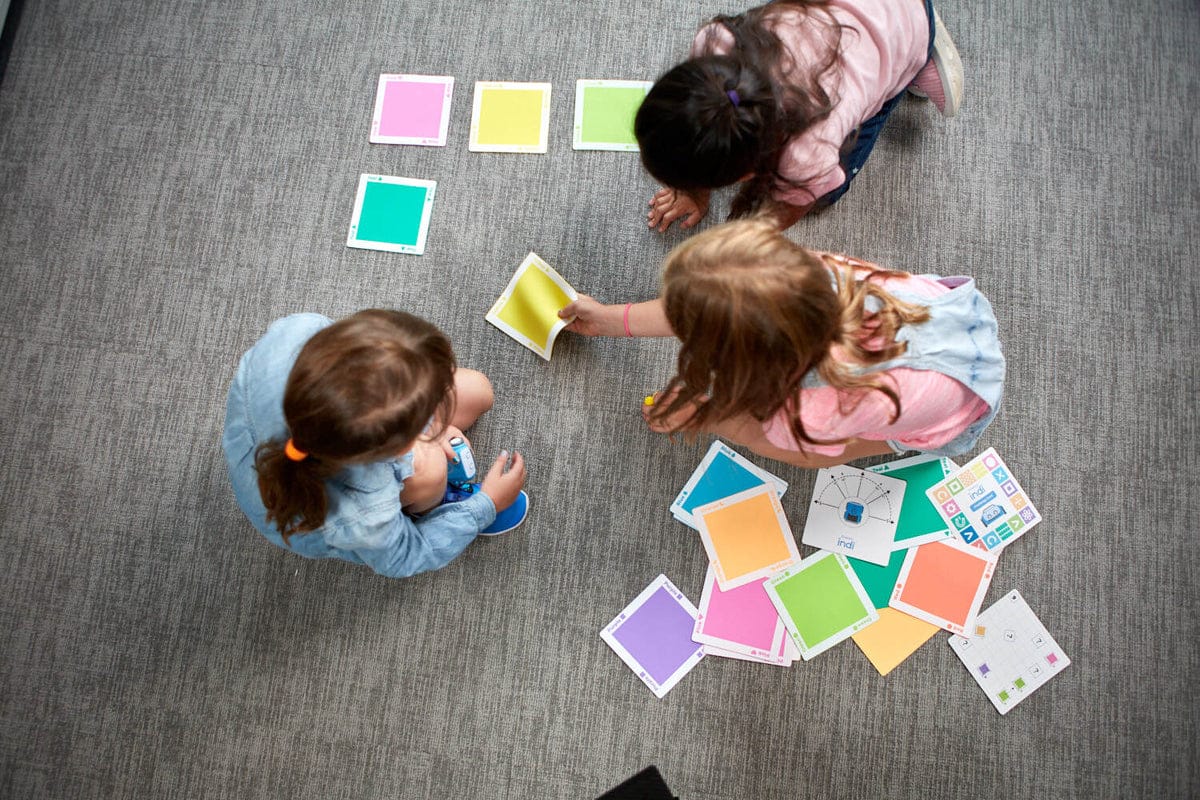
H2: Signs Your Child Needs Online Help By Science Subject
Each branch of science has its own challenges. Let’s look at specific signs that your child might need extra support from their teachers .
🧠 Physics Help
Trouble applying formulas to real world problems
Struggling to explain or understand concepts like motion and energy
Losing interest in experiments or test preparation
A good tutor will teach physics topics using examples your child can discover in daily life, helping them connect research with curiosity.
⚗️ Chemistry Homework Help
Confusion with chemical reactions and equations.
Forgetting elements or other materials used in labs
Difficulty linking theory with practical laboratory work
CodeYoung tutors make chemistry exciting using visual resources and interactive technology. They help students learn and create models that make abstract concepts real.
Biology Homework Help
Difficulty memorizing processes like photosynthesis or genetics.
Confusion reading diagrams or understanding development cycles
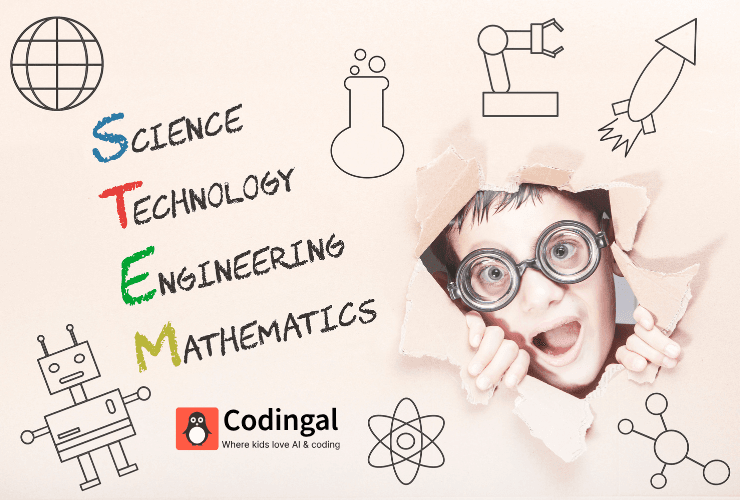
Forgetting connections between life systems and the environmental science topics they’ve studied
Through stories, images, and tools, CodeYoung makes biology engaging and easy to grasp.
How to Get Started with Online Science Help for Your Child
You’ve spotted the signs—now it’s time to take action. Every great learning journey begins with a single, thoughtful step. I remember when I first helped a student who was hesitant to try online learning. She wasn’t confident about virtual lessons, but within just a few sessions, she began to enjoy the flexibility, tools, and one-on-one attention that science tutoring offered.
Codeyoung’s online science help makes this transition smooth and supportive for both parents and learners. Whether your child struggles with physics, biology, or chemistry, this process is designed to help them explore science at their own pace. Here’s how to begin your child’s mission toward long-term success with Codeyoung’s engaging approach to learning.
1. Assess Your Child’s Needs
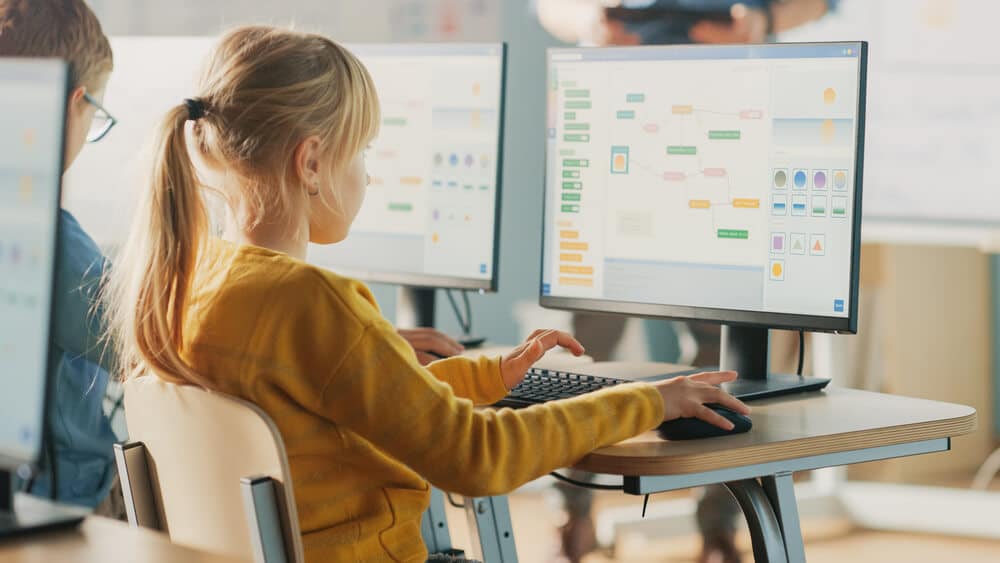
Before jumping in, take a moment to assess what your child truly needs. When I worked with my nephew, I noticed his hesitation wasn’t about science itself—it was about not understanding where to start. I began by reviewing his past assignments and science class notes. Together, we identified where he struggled the most—chemical reactions in chemistry and forces in physics topics. Talking to teachers helped us see patterns in his performance, giving us a clearer picture of his learning gaps.
This step is crucial because it lays the foundation for meaningful progress. Once you understand whether your child needs help in biology, physics, or environmental science, you can choose the right tutor and platform.
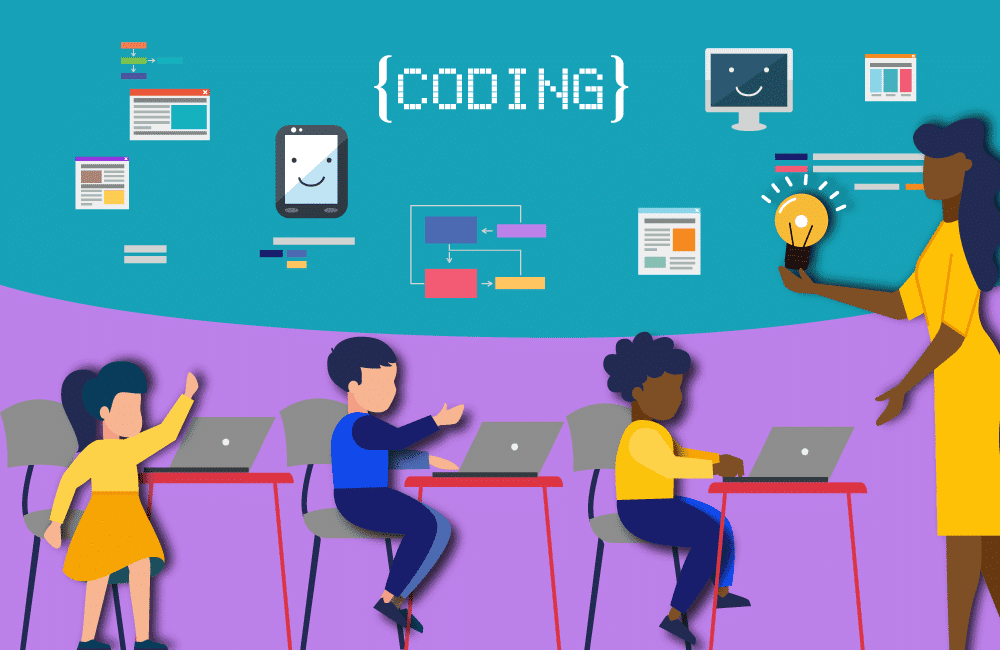
Codeyoung simplifies this by providing structured tools and resources that parents can use to identify strengths and weaknesses. When you know what to focus on, science tutoring becomes more targeted, efficient, and rewarding. Assessing early ensures your child doesn’t just “catch up” but begins to excel at their own pace.
2. Try a Free Trial
I’m a big believer in “try before you commit.” That’s why I recommend starting with CodeYoung’s free trial session. When I helped a friend sign up her son, she was nervous about whether online science help would actually work. But once they joined a trial, her son connected instantly with the tutor, loved the interactive visuals, and even said, “This feels like a game, not a class!” That moment changed everything.
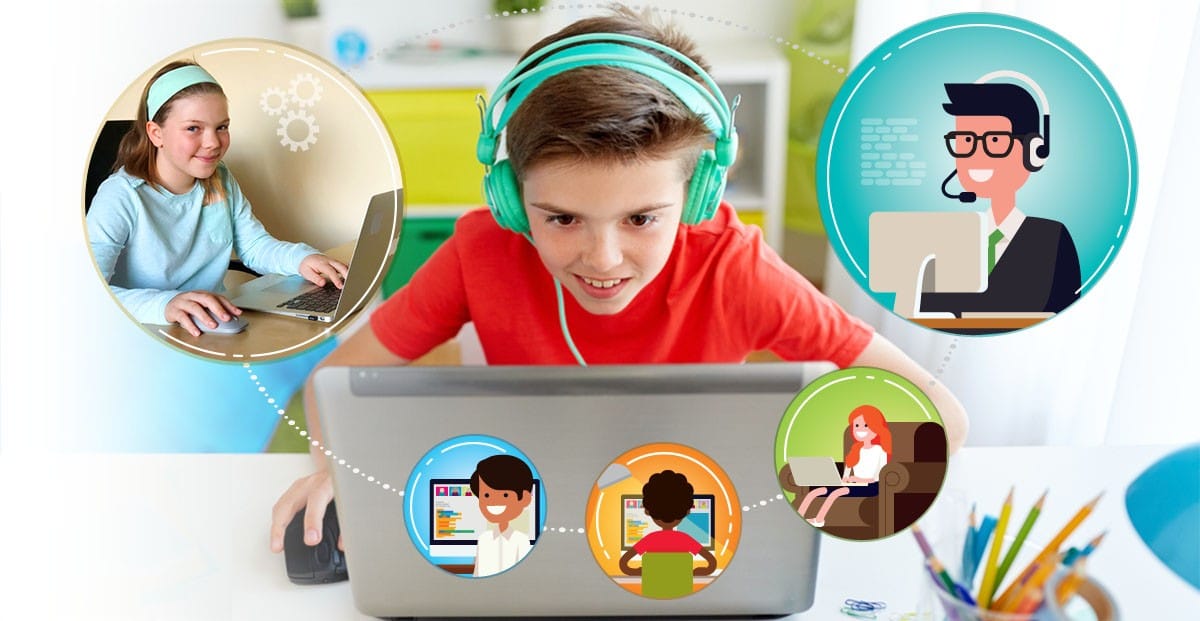
During the trial, parents can log in, explore the platform, and watch how tutors interact with their children. You’ll notice how lessons are built around curiosity—whether explaining plate tectonics in earth science, genetics in biology, or motion in physics. The best part? You can observe how the tutor adjusts the teaching style and resources according to your child’s comfort and pace. I’ve seen many parents surprised at how quickly their kids engage when learning feels alive and hands-on. These sessions are also affordable and commitment-free, so you can evaluate if CodeYoung’s mission aligns with your child’s learning goals before enrolling in a full plan.
3. Set Clear Goals and Focus Areas
Once you’ve explored the platform, it’s time to set clear learning goals. I always tell parents—be specific. Instead of saying “I want my child to do better in science,” try “I want them to understand chemical reactions deeply” or “I want them to feel confident in their next physics test.” When I worked with a student preparing for a high school science exam, we started by identifying key focus areas—understanding processes, strengthening problem-solving skills, and improving conceptual clarity.
With Codeyoung, tutors collaborate with you to design customized lessons that match your child’s pace and needs.
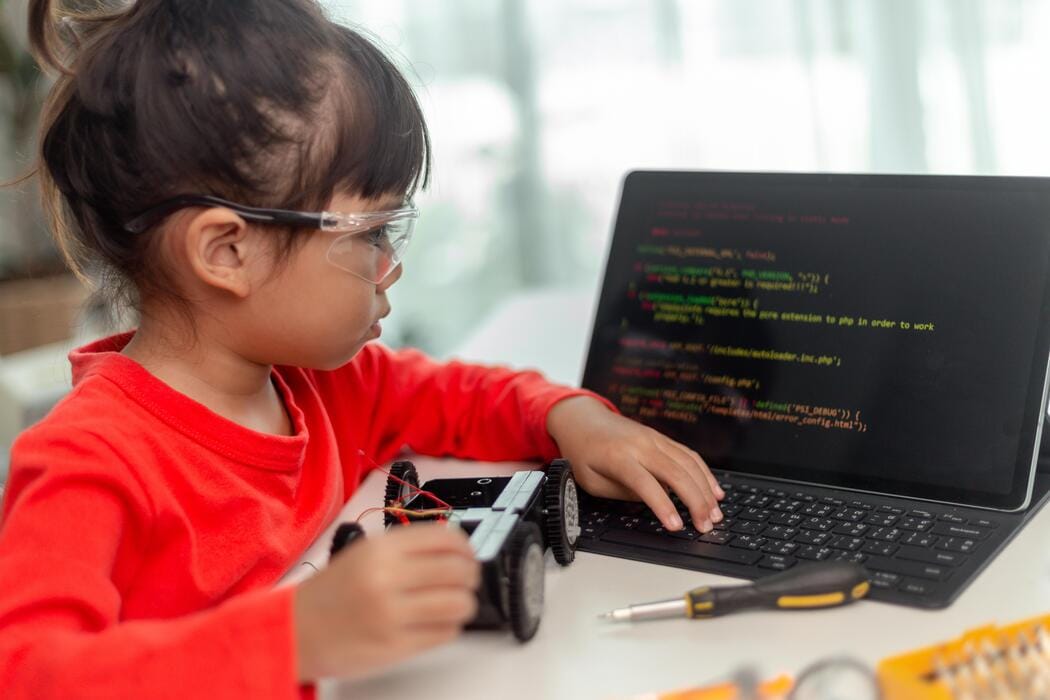
They use a combination of online tools, visual resources, and practice assignments to help students develop knowledge and stay engaged. You’ll also get regular progress updates, so you can review improvements and adjust goals as needed. Having these focus points creates direction and purpose—two essential elements for success. Whether your child aims to prepare for university entrance exams or just wants to regain interest in the subject, clear goals ensure that every lesson builds toward something meaningful.
4. Build a Learning Routine
Consistency is where transformation happens. I remember helping my niece, who loved science but lacked discipline. She’d start enthusiastically and then lose focus midway. So, we created a small but steady schedule—three 45-minute sessions a week. We logged in at the same time, made sure her study space was distraction-free, and used CodeYoung’s platform to track progress. Within a month, her grades and confidence began to climb.
Establishing a learning routine with online science help helps children learn at their most productive hours. Whether your child learns best in the morning or after school, maintaining consistency strengthens understanding and retention.
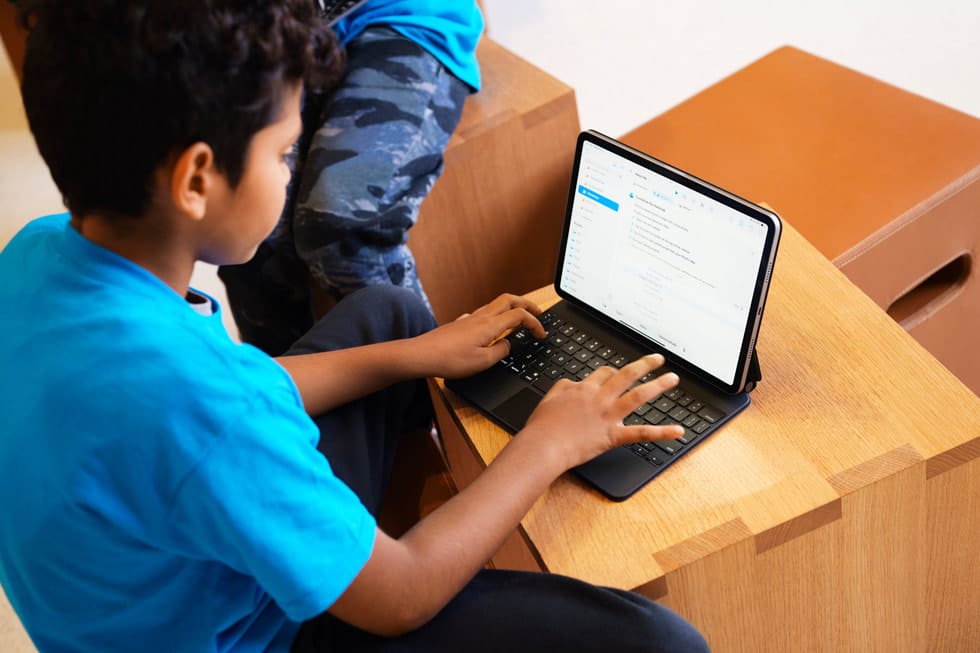
Online platforms make this even easier—you can schedule sessions around extracurriculars or health breaks. Tutors design lessons that flow naturally, reinforcing each concept over time. Regular review sessions ensure that learning sticks and your child stays engaged. I’ve found that when students develop a rhythm, they start viewing science not as a subject, but as a fascinating story waiting to be discovered—about life, the universe, and everything in between.
5. Stay Connected and Celebrate Growth
The final and perhaps most rewarding step is staying involved. When I work with parents, I always encourage them to be active collaborators. After each session, take a few minutes to review progress reports, talk to the tutor, and celebrate small wins. Once, I remember a student who struggled with biology. After weeks of effort, she finally nailed her test on genetics—and her mom surprised her with a small gift. That moment of recognition lit up her motivation completely.
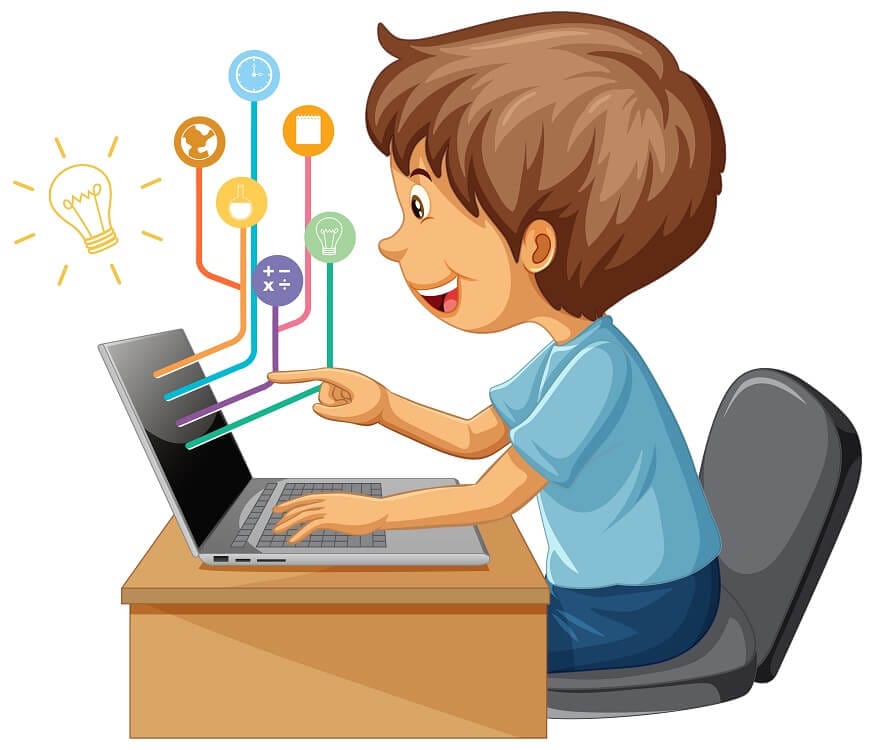
At Codeyoung, parents can easily connect with tutors, discuss lesson plans, and understand differences in their child’s performance. This teamwork ensures that learning never feels isolating. When parents, students, and tutors share the same mission, it creates a powerful loop of encouragement and accountability.
You’ll notice your child becoming more curious—asking questions about the environment, conducting mini-experiments, or sharing discoveries from class. As I often say, “Science comes alive when curiosity is celebrated.” So, keep communicating, collaborating, and cheering for every bit of growth. Over time, these little efforts add up, shaping not just your child’s academic path—but their lifelong love for learning and discovery.
H2: Conclusion
Struggling with science isn’t a failure—it’s just a sign that your child needs a new way to learn. With the right support, every child can discover the fun in research, create new ideas, and find success in their own unique way.
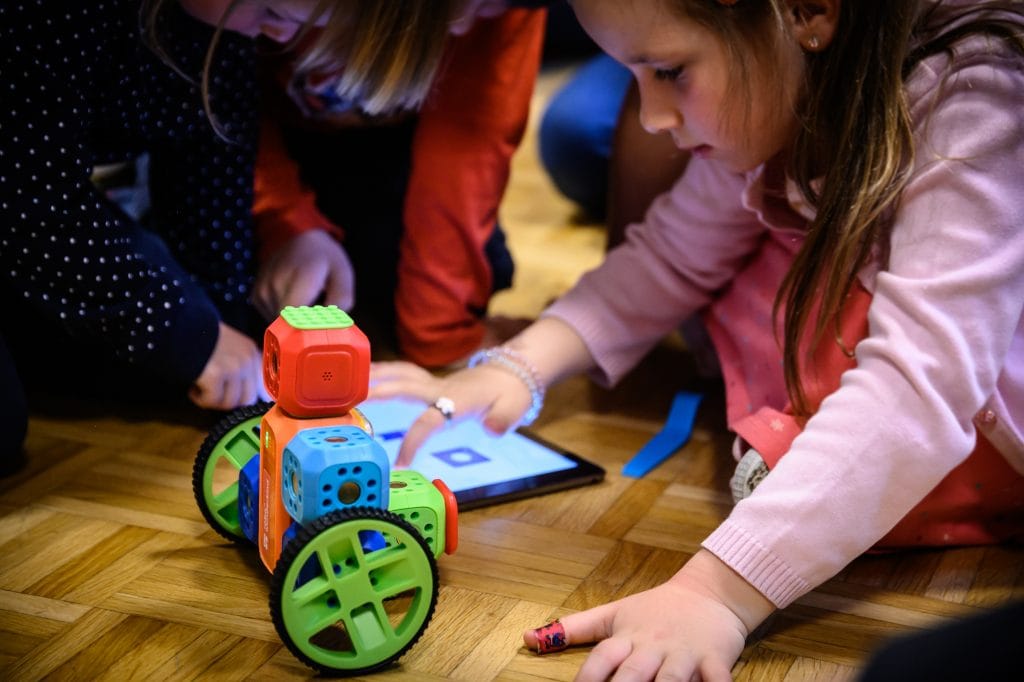
Online science help gives your child the freedom to learn at their own pace, ask questions, and grow through engaging, interactive experiences. Platforms like CodeYoung turn confusion into confidence—helping students not only improve grades but also to explore and truly love science.
So, if your little explorer has lost their spark for science class, maybe it’s time to help them explore, discover, and fall in love with learning again.
H2: Frequently Asked Questions
1. What technology or materials does my child need to participate in online science help?
Just a stable internet connection, a laptop or tablet, and basic other materials like notebooks or pens. Some sessions include virtual laboratory tools and digital resources—making science come alive right from home. Parents don’t need to worry about heavy setups; most sites like CodeYoung use simple, browser-based technology that’s easy to access. A webcam and microphone ensure your child can interact freely, ask questions, and stay engaged during each lesson—making the entire experience smooth and effective.
2. How can I monitor my child’s progress during science tutoring?
Parents get detailed review reports and updates. You can connect with the tutor directly, discuss assignments, and use CodeYoung’s dashboard to search and track your child’s performance over time. Weekly summaries highlight strengths, areas for improvement, and next steps, so you’re never out of the loop. The platform also provides visual charts to show how your child’s understanding and skills are improving—helping you feel confident about their academic growth.
3. How are online science tutors qualified?
Every tutor at CodeYoung is carefully selected for their phd-level knowledge, expertise, commitment, and ability to teach complex concepts with ease. They’re passionate about making science tutoring enjoyable and engaging, and many have experience teaching at both elementary and high school levels. Before joining, each tutor undergoes rigorous evaluation to ensure they can explain even the toughest topics in ways kids can easily grasp and apply in real world situations.
4. How does online science help adapt to different learning styles?
Each lesson is tailored for unique learners. Tutors use visuals, images, tools, and interactive technology to explain processes clearly—helping students develop critical skills onfidently. Whether your child learns better through storytelling, visuals, or problem-solving, CodeYoung adapts accordingly. Sessions are fun, alive, and paced just right to match your child’s own pace—ensuring that learning feels natural rather than forced.
5. What can parents do to support learning during online science sessions?
Create a distraction-free environment, ensure good health, and encourage curiosity. Collaborate with tutors, review assignments, and celebrate milestones. When you and the team share the same mission, success follows. Encourage your child to ask questions and share what they’ve learned—it boosts confidence and builds communication skills. Even small words of encouragement go a long way in keeping them motivated and excited to discover more.
